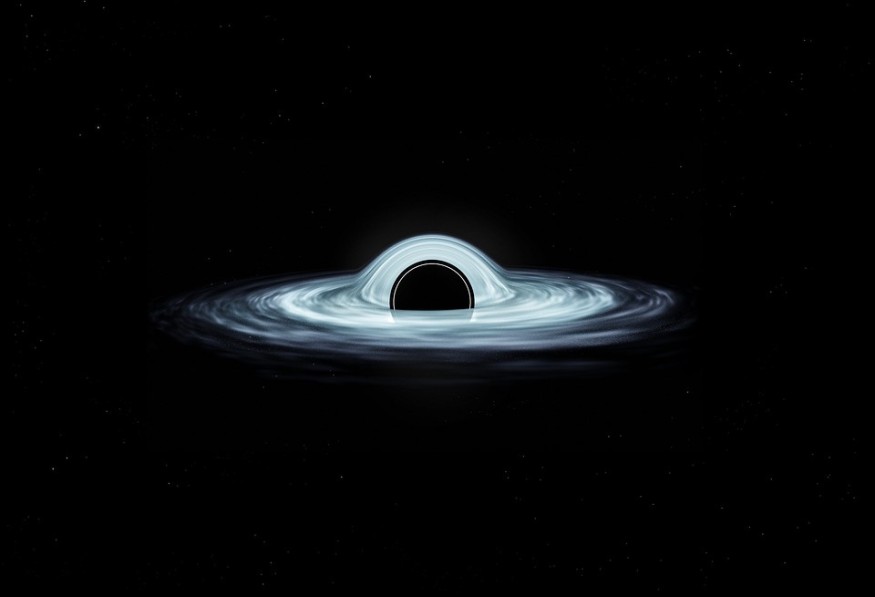A recent thought experiment by physicists from the University of Chicago in the US reveals that the sheer presence of a black hole can ruin a neighboring quantum spatial superposition.
Science Alert reported that the investigation predicts that the particle in the superposition's long-range gravitational field would interact with the black hole's event horizon, forcing the quantum superposition to decohere within a limited time.

Black Hole Event Horizon Explained
After decades of investigation and philosophical debate, the distance between the unresolved features of a quantum system and a measurement that is visible to the eyes has scarcely reduced.
Some academics believe that hints may be discovered in the area between quantum physics and Einstein's famous general theory of relativity. Now, researchers conducted a follow-up forecast to provide perspectives on different types of horizons.
Physicists used thought experiments since real ones are impossible. They created a consistent theory of quantum gravity that will explain the behavior of quantum systems under severe gravity circumstances like those seen in the event horizon of a black hole. As per Space.com, the event horizon is a boundary between the black hole and the rest of the universe.
Nothing inside the horizon, not even light, can ever leave or return over this border. More so, nothing that enters the black hole's event horizon can be seen from the outside.
Whether anyone can see past an event horizon is a matter of viewpoint. The approaching item would just fade away over time and eventually disappear. An observer plunging into a black hole would not perceive anything upon passing the horizon of an astrophysical black hole.
Since the curvature at the horizon of astrophysical or massive black holes is minimal, no substantial tidal forces exist, and a free-falling spectator would simply approach the black hole without realizing he had passed the horizon.
READ ALSO : Breakthrough Experiment Translates Quantum Information Across Technologies, Improving Quantum Communication
Double-slit Experiment Near a Black Hole
Physics World reports that the thought experiment describes a double-slit experiment in which a heavy particle, such as an electron, is fired into a barrier with two slits.
Based on quantum mechanics, the electron will behave as a wave that diffracts in the slits at the same time, which means that it is in a coherent spatial superposition of two states, each of which traverses its own slit. But when they collide, the two states merge to form an interference pattern.
Coherence is a quantum physics notion that permits a system to exist in a superposition of many quantum states at the same time. Decoherence is the process of eliminating a superposition by performing a measurement that causes the system to enter a certain state.
The thought experiment is conducted new a black hole by a physicist named Alice with an observer named Bob who is inside the black hole, As Alice conducts the double slit experiment, a quantum theory of gravity would need massive particles to interact with the black hole via soft gravitons that act as carriers of the gravitational field.
Gravitons are absorbed by the black hole where Bob could measure them. After some time, Bob should be able to deduce the state of the quantum superposition in Alice's experiment. That means Bob is making a measurement of Alice's experiment from where he is causing the spatial superposition to decohere.
In their paper available in arXiv, the team argues that this means the black hole affects the quantum superposition in the same way as a classical observer. Researchers also wrote that their analysis could be applied to other types of horizons, like the cosmological horizon, which describes the observable universe.
RELATED ARTICLE: Are Black Holes the Giant Quantum Computers of Aliens? Physicists Proposed This Could Be Why Extraterrestrial Civilization Has Not Yet Reached Earth
Check out more news and information on Quantum Physics in Science Times.
© 2026 ScienceTimes.com All rights reserved. Do not reproduce without permission. The window to the world of Science Times.









